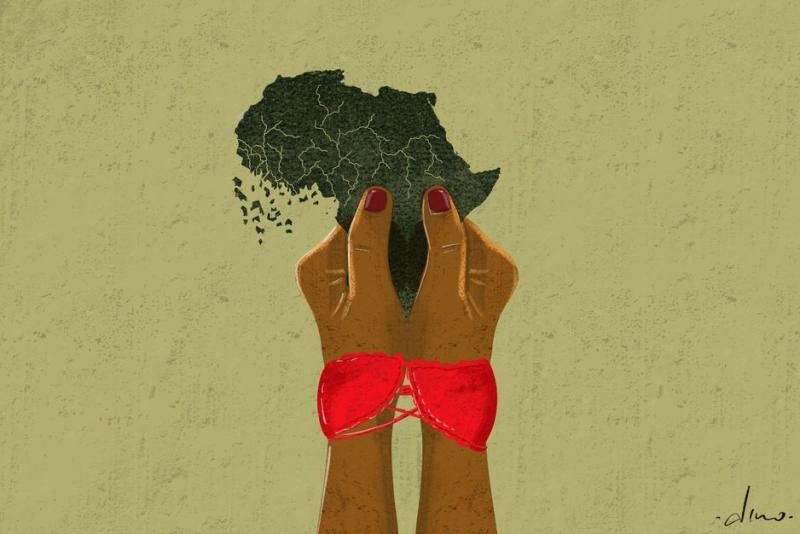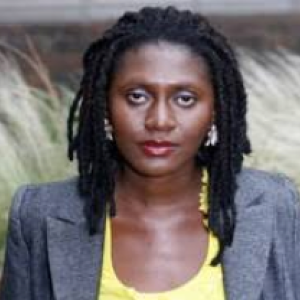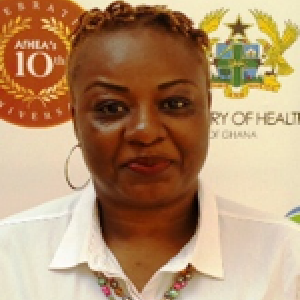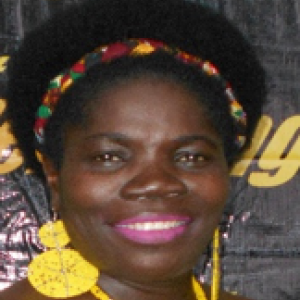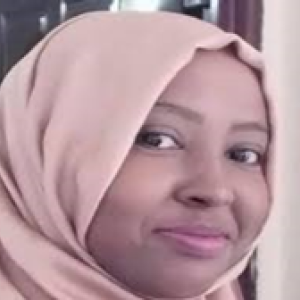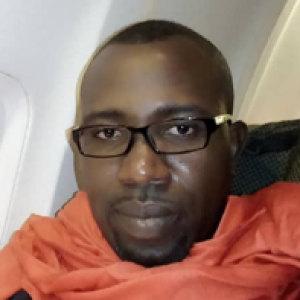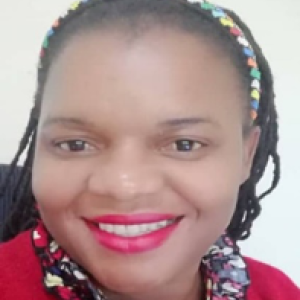A full report on the interviewing exercise, for which in total 226 women were interviewed, will be released early May 2019 under the title ‘The Last Resource: risking death to feed your children.’ The title was chosen because a majority of interviewed women said they were frightened of HIV/Aids and death -largely because clients refused to use condoms-, but that they had to take that risk in order to feed themselves, their children and often also elderly and sick relatives.
The interviewing exercise was carried out by a predominantly female team of the African Investigative Publishing Collective in Nigeria, South Africa, Liberia, Uganda, Zimbabwe, the Democratic Republic of Congo (DRC) and Kenya. Explicitly not targeting women in red light districts or brothels, women were instead approached in their communities, at home, at market stalls or at businesses like hair salons and restaurants in the area. The women, who identified themselves as hairdressers, vegetable sellers, cleaners, dress makers, waitresses and housewives, were asked to respond to a list of questions relating to poverty and its challenges.
Out of a total of 226 interviewed, 148 -roughly two thirds- said they needed income from sex work in order to afford basic necessities such as food for children and sick and elderly relatives, school fees and rent (a small minority of these, five in total, said they had done so only in the past.) The category of 148 further included both women who would go ‘with any man’ for money and those who served one or more individual ‘sugar daddies.’ For example, women in the Somali refugee community of Eastleigh, Nairobi, said they had to sleep with landlords because they could not afford the rent. Women who said they went out into the streets to find ‘any man’ numbered 105 in total, whereas the category who serviced ‘sugar daddies’ including bosses and land lords numbered 38. (This category did not count women who said they depended on a boyfriend or other actual life partner.)
The AIPC team found that all of the women who said they sold sex, either to a single client, a group of clients or random men ‘in the street,’ were unhappy about it. Beside the fear of HIV/Aids, they also dreaded violent customers and the ‘shame’ of the practice. Comments on a question about their emotions ranged from “I’ve lost my soul,” “I am mocked and laughed at,” I am empty,” to “I am forced to be someone I am not.” While most feared disease but simultaneously unable to demand the use of condoms, some also mentioned the fear of (another) pregnancy. In the DRC, where contraception is still largely taboo, women mentioned repeated backstreet illegal abortions as a significant risk.
A link was found between bad governance and corruption and the situation of the women. For example, in Nigeria, budgets that were said by officials to exist to help ‘vulnerable groups’ like widows, did on further scrutiny not exist at all. In Liberia, a government Pro-Poor-Programme that inter alia promises school meals and medicines has so far not done so and in Zimbabwe, official policies promising community benefit from diamond mining had not helped local women to find any livelihood beyond sex work. In South Africa, women reported paying politicians with sex for housing allocated to them. In all countries women reported that the government was ‘corrupt’ and ‘did not care’ for them. This was the same in all seven countries, whether the country in question boasted anti-poverty programmes, female empowerment programmes, high quota for women in parliament and government, and/or Ministries of Women Affairs or not.
In a conclusion, the AIPC calls for more research to see if its observation that bad governance seems to be at the root of much of the misery experienced by the interviewed women can be further substantiated. It recommends that donor governments and multilateral organisations, if that is the case, should focus more on strengthening public administration and rule of law in countries such as the ones in the report.
You can find more information about how AIPC proceeded with the research here.
Images: © AIPC
